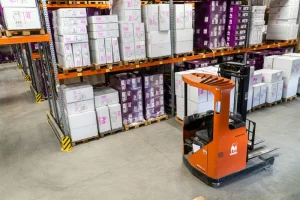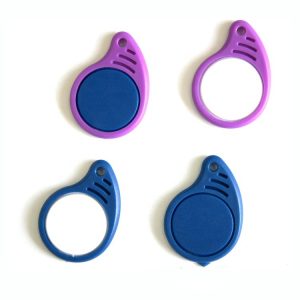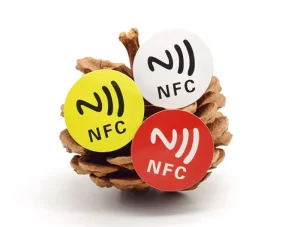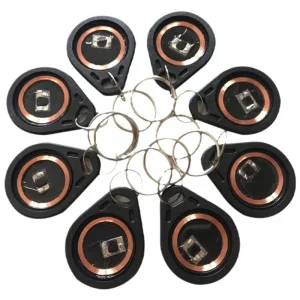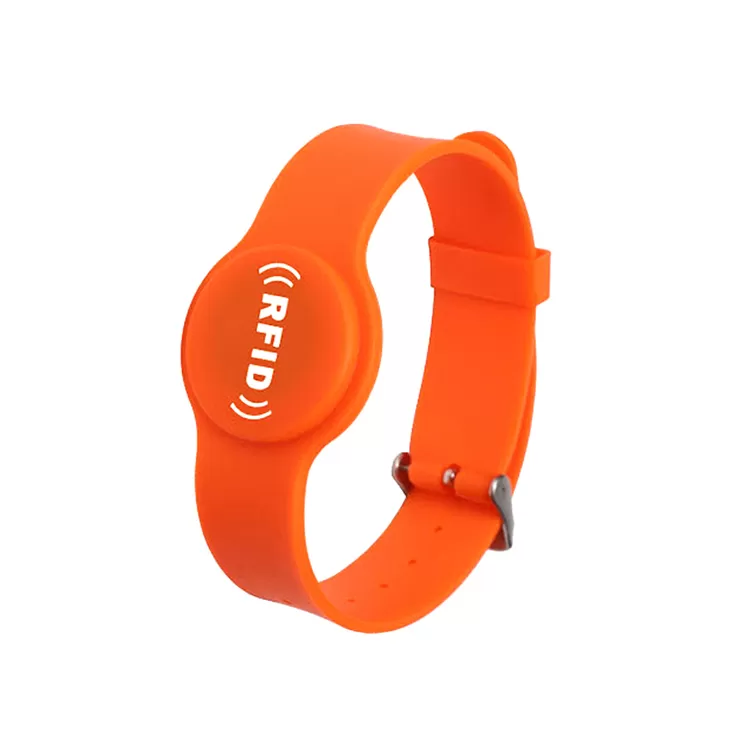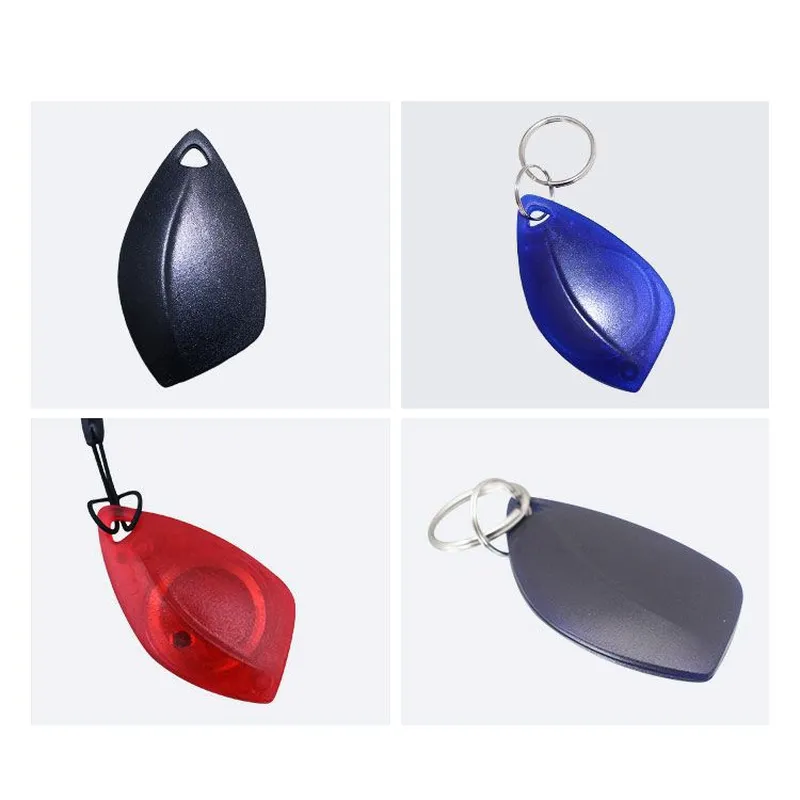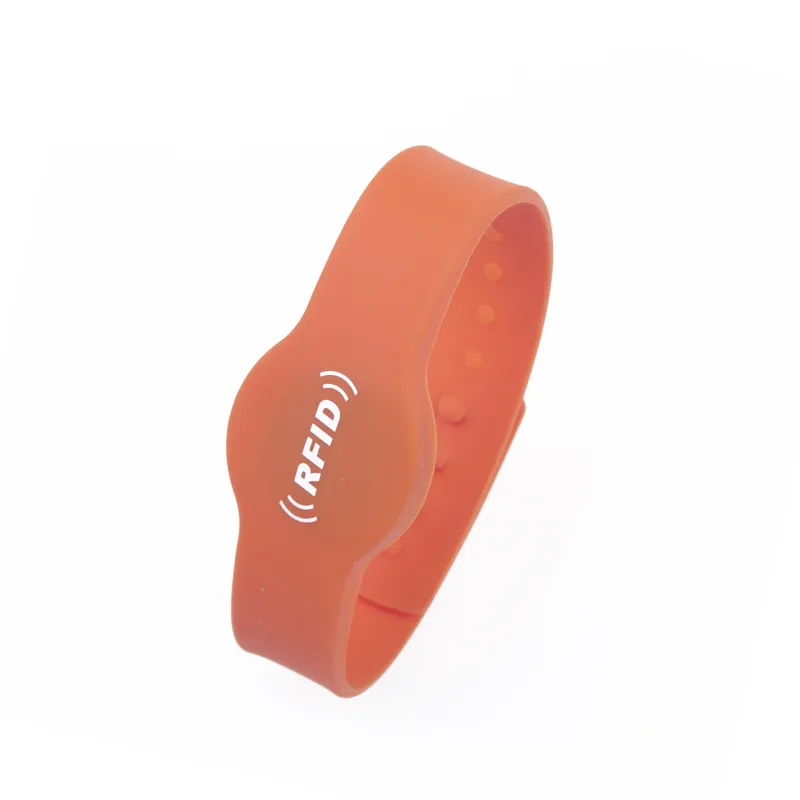RFID Tag Scanner
Ụdị
Ngwaahịa egosipụtara
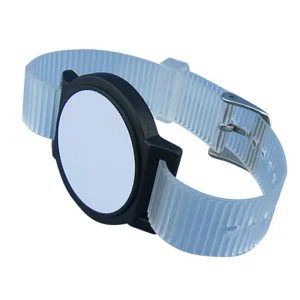
RFID Concert Wristbands
Fujian RFID Solutions offers RFID Concert Wristbands, customizable with logos…

RFID Plastic Wristbands
We provide RFID plastic wristbands for various industries, including access…

Tags RFID mkpọsa maka Texitle
A na-eji mkpado RFID azụmaahịa maka Texitle na họtel, ụlọ ọgwụ,…
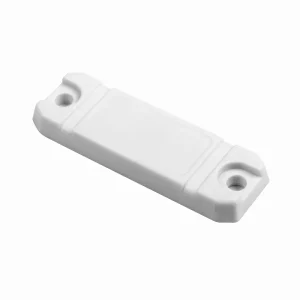
Industrial RFID Tags
Industrial RFID Tags use radiofrequency signals to identify target items…
Akụkọ na-adịbeghị anya
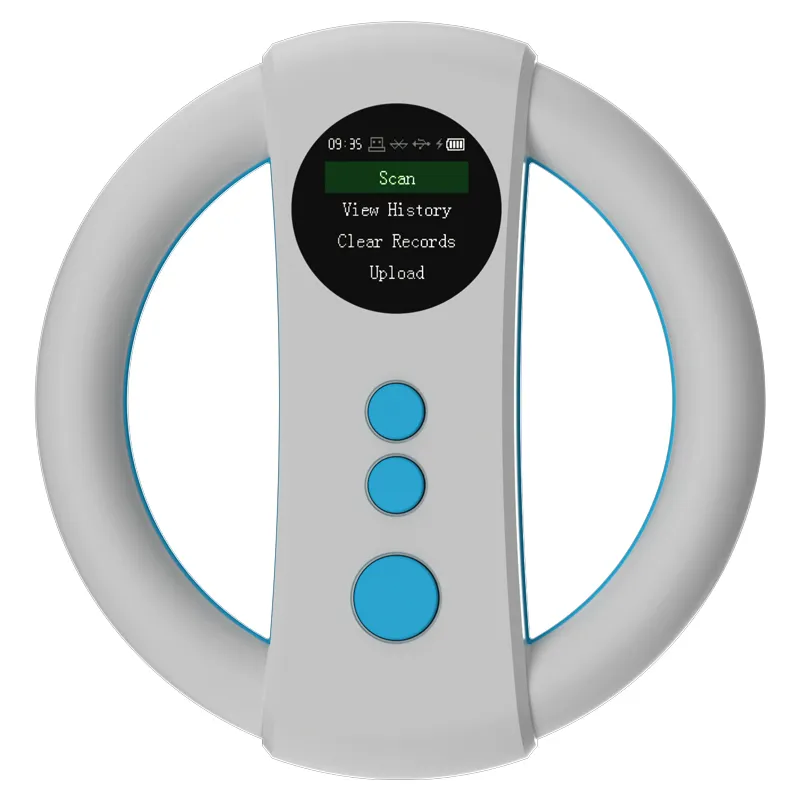
Nkọwa dị mkpirikpi:
RFID Tag Scanner are automatic identification devices that read electronic tags by sending a radio signal to the tag and receiving its return signal. They are widely used in various fields, including asset management, ngwa ngwa, ulo oru akpaaka, njikwa anụmanụ, access control management, smart parking systems, medical supplies and medication management, smart clothing shops, and linen management. Advantages of RFID tag readers include contactless identification, high-speed reading, strong penetration, large data storage, reusable, ime mgbanwe, high security, automation, multi-tag simultaneous reading, and flexibility.
Kee anyị:
Nkọwa ngwaahịa
An RFID Tag Scanner is an automatic identification device that can read the data of an electronic tag. It does this by sending a radio signal to the tag and receiving its return signal. When the reader sends a signal to an electromagnetic wave transmitter of a specific frequency, the antenna in the tag receives the signal and draws energy from it to activate the tag. The reader then decodes and reads the information stored in the tag. RFID tag readers are widely used in many fields.

Parameter
| Projects | parameter |
| Model | AR003 W90C |
| Operating frequency | 134.2 Khaza/125 Khaza |
| Label format | EMID、FDX-B(ISO11784/85) |
| Read and write distance | 2~12mm glass tube label>10cm
30mm animal ear tag> 35cm (related to label performance) |
| Standards | ISO11784/85 |
| Read time | <100ms |
| Wireless distance | 0-80m(Accessibility) |
| Bluetooth distance | 0-20m(Accessibility) |
| Signal indication | 1.44 inch TFT LCD screen, buzzer |
| Electricity | 3.7V (800mAh lithium battery) |
| Storage capacity | 500 messages |
| Communication interfaces | USB2.0, Wireless 2.4G, Bluetooth (optional) |
| Language | English (can be customized according to customer requirements) |
| Operating temperature | -10℃~50℃ |
| Storage temperature | -30℃~70℃ |
| Humidity | 5%-95% non-condensing |
| Product dimensions | 135mm×130mm×21mm |
| Net weight | 102g |

Advantages
- Contactless identification
- High-speed reading
- Strong penetration
- A large amount of data storage
- Reusable
- Strong adaptability
- High security
- The high degree of automation
- Multi-tag simultaneous reading
- High flexibility

RFID Tag Scanner range of applications
- RFID tag readers may significantly increase the speed and accuracy of recording and gathering information about in-and-out items, lower human error rates during inventory counting, and enhance the speed and accuracy of inventory counting in warehouses. With regard to asset management, it is simple to accomplish complete asset visualization and real-time information updating by using card readers to simply do asset inventory and attach RFID tags to assets.
- Logistics and product tracking: RFID tags may be rapidly recognized without physical touch. It can monitor objects with RFID tags and clearly grasp their changing location with the help of the network. This has significant application value in supply chain management, ngwa ngwa, and product traceability and anti-counterfeiting.
- Industrial automation and intelligent manufacturing: To enable data and information real-time management of assembly lines, RFID readers may be put on production lines. Dị ka ọmụmaatụ, in industrial automation production lines, work processes are automatically identified and automated through the reading of RFID tags placed on the line, which collects data and feeds it back to the system. The system then feeds the command back to the production line for execution.
- Nlekọta anụ ụlọ: An RFID reader designed specifically for managing animals, such as pigs, cattle, and sheep, is called an animal ear tag reader. It can assist farms in automating management, increasing the effectiveness of management, and raising the percentage of animal survival.
- RFID technology may also be used in access control management and smart parking systems. By scanning RFID tags, identity authentication and vehicle identification can be carried out, enhancing security and management effectiveness.
- Medical supplies and medication management: RFID technology may be implemented in cabinets or shelves holding medical supplies and medication to count and track the number and characteristics of supplies and medication in real time, ensuring the safe and efficient use of medications.
- Smart clothing shops: RFID technology may be used in clothing logistics and smart stores to count and monitor the number and qualities of clothes in real time, increase management effectiveness, and successfully reduce the incidence of counterfeit or cross-selling clothing.
- Management of linens: Attaching RFID electronic tags to linens, together with RFID readers, writers, and management software, may provide dependable technological methods for managing linens over their entire life cycle, increase productivity, and save labor costs.
![Onye nrụpụta RFId Tag [N'ogbe | Oa | Odm]](https://www.fjrfidfactory.com/wp-content/uploads/2024/04/logo.webp)
